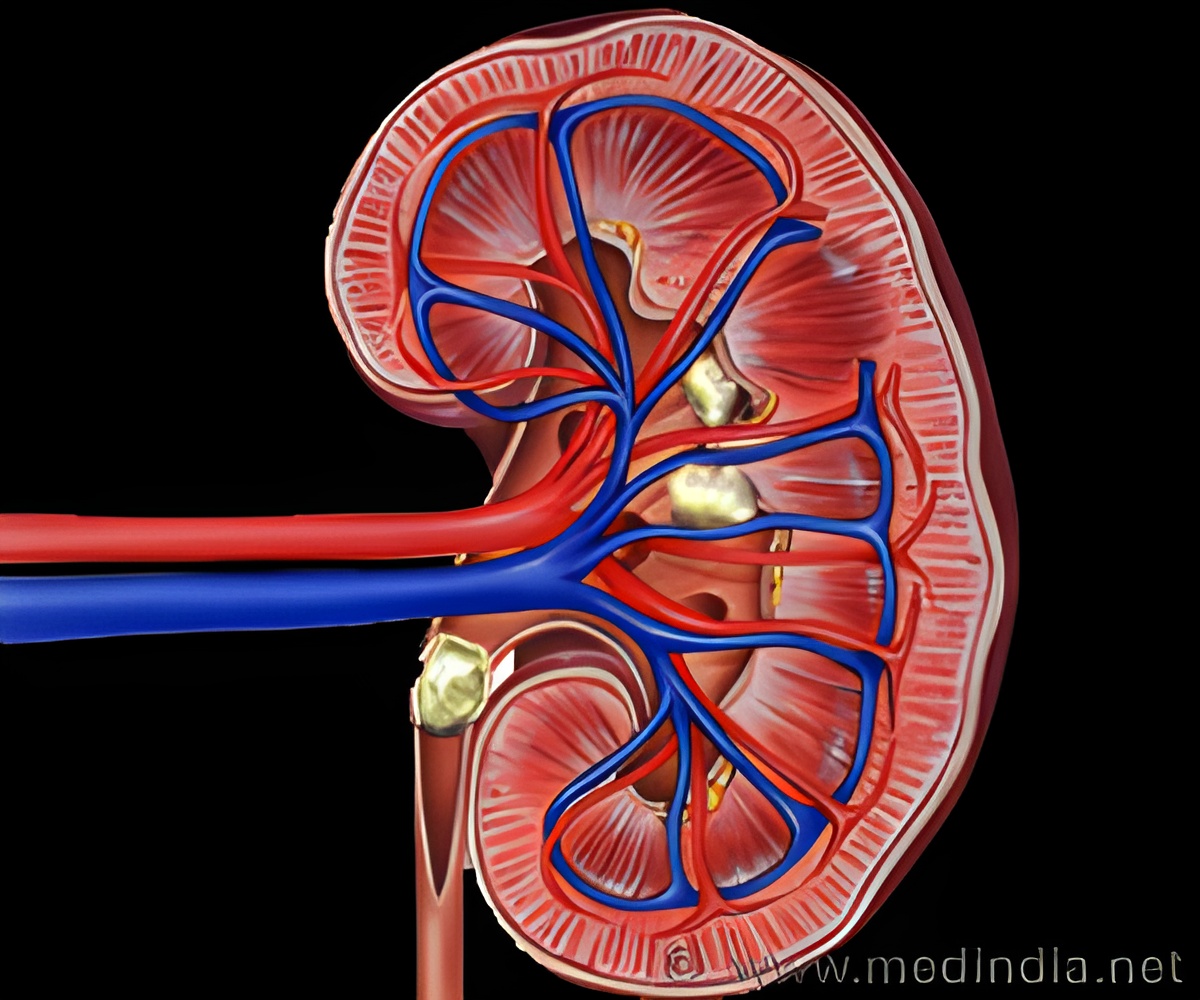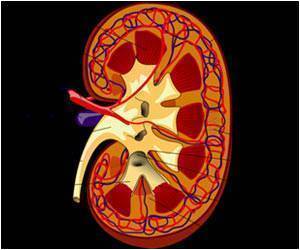Earlier, errors in a gene called PKHD1 was linked to autosomal recessive polycystic kidney disease (ARPKD). But errors in a gene called DZIP1L is linked to ARPKD.

‘A dysfunctional gene called DZIP1L is linked to autosomal recessive polycystic kidney disease (ARPKD), an inherited kidney disease that affects babies and young children.’





"It was thought that errors in a gene called PKHD1 were solely to blame for this rare form of kidney disease," said Wicking."But there was always a subset of patients who appeared to have the disease, even though they possessed a normal version of that gene.
"The aim of this study was to find other genetic culprits that could be responsible for this devastating condition."
ARPKD causes enlarged kidneys, liver problems and high blood pressure, and often leads to renal failure in the 70 percent of patients who survive the first weeks of life.
Using a technique called whole exome sequencing to analyze all of a patient's genes simultaneously, researchers in Germany and the US found errors in a gene called DZIP1L in four families with ARPKD.
Advertisement
"The gene DZIP1L appears to be related to the function of cilia, which are small antenna-like extensions that project from almost all cells of the body, including those in the kidney, and play an important role in controlling vital cellular functions," said Wicking.
Advertisement
Many patients with a rare disease wait years for a genetic diagnosis and often endure multiple misdiagnoses.
Rare Voices Australia Executive Director Nicole Millis said this exciting discovery provided much-needed answers for patients.
"These findings highlight how new genomic technologies are helping to find answers for patients with rare diseases, giving them more certainty about their condition.
"Having a genetic diagnosis also gives patients and their families a chance to connect with other people living with a similar rare disease and build vital support networks," said Ms Millis.
Source-Eurekalert















